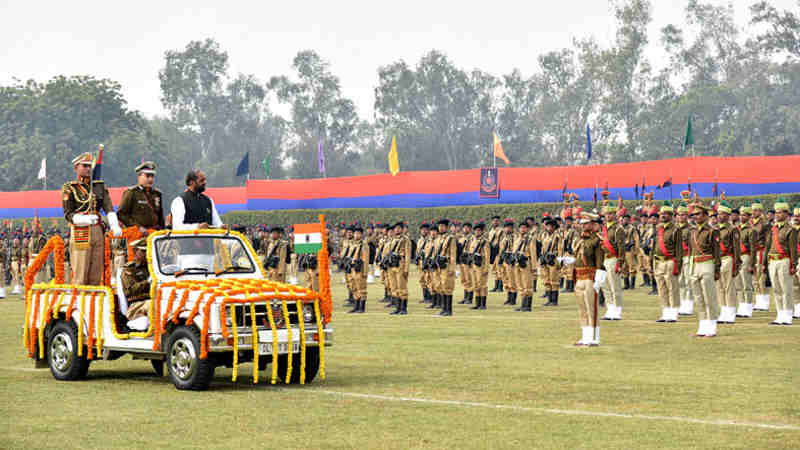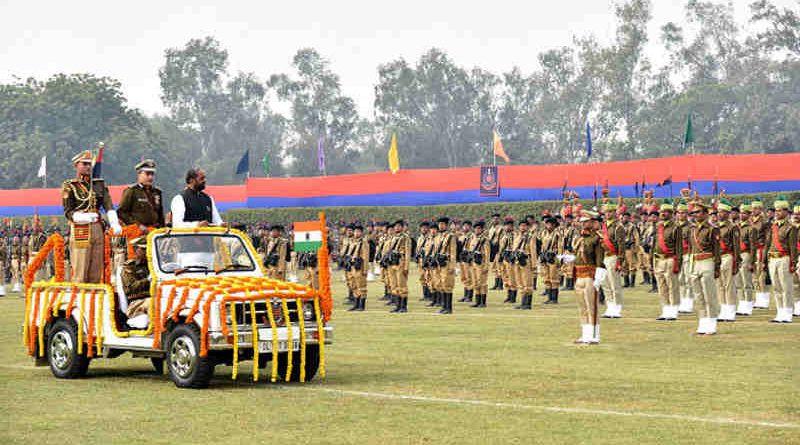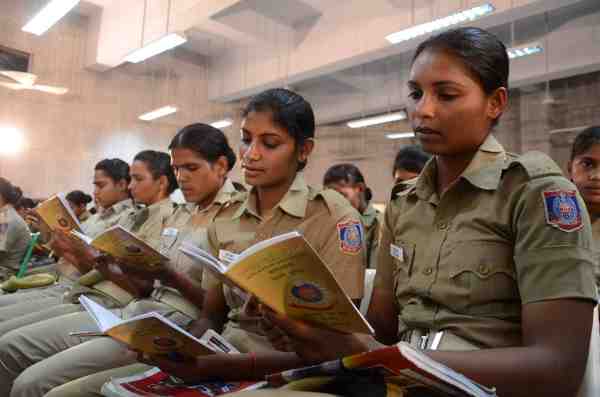How to Improve the Efficiency of Delhi Police

If Delhi Police really wants to become a modern police force in the country, it must create and run a dedicated knowledge centre which should be fully equipped to handle all its content and communication activities.
By Rakesh Raman
A recent report of The Wall Street Journal (WSJ) has labeled Delhi as India’s most dangerous city because of the pervasive incidents of crime in the city and police’s failure to check these crimes.
The WSJ quotes the National Crime Records Bureau (NCRB) to reveal that nearly 25% of the 670,000 crimes recorded in India’s 53 largest cities were committed in Delhi during 2015, the year for which the latest data is available.
The Delhi government headed by Arvind Kejriwal has failed to coordinate with the police for crime prevention under the pretext that the police department is not under its control.
The onus now is on the lieutenant governor (LG) – the administrative head of Delhi – who is supposed to maintain law and order in the city-state.
The new LG of Delhi Anil Baijal who has recently assumed office after the resignation of Najeeb Jung is trying to understand the police functioning in Delhi in order to improve the efficiency of police force.
[ Can Government Check Corruption in Delhi Housing Societies? ]
Baijal held a review meeting Thursday and concluded that the Delhi Police needs to evolve with the changing societal needs and the police must collect regular feedback from the people in order to provide them with better service.
Chaired review meeting on improving efficiency of police functioning in Delhi ; Need to evolve with societal needs and regular feedback.. pic.twitter.com/wYdx4gx0RQ
— LG Delhi (@LtGovDelhi) March 9, 2017
Last month, India’s Minister of State for Home Affairs, Hansraj Gangaram Ahir, said that Delhi Police should give top priority to the issues related to women, children, and senior citizens.
He said Delhi Police has to be well prepared to face and control any large-scale event, besides performing its regular duties like maintaining law and order and containing crime.
But is Delhi Police fully equipped to control crime? No way. The local police department is primarily dependent on the traditional ways – such as the use of baton and stick – of dealing with crime whereas the police force must learn the modern techniques to control the new generation of criminals.
[ Students Unrest: Human Rights Commission Issues Notice to Delhi Police ]
Today, data, information, and knowledge are the key ingredients that determine the effectiveness of any security or law-enforcement agency. But the Delhi Police – like most other state police departments in the country – is working in a primitive manner.
For example, Delhi Police lacks content to engage with the local communities in order to inform the people at large about the impact of crime on the society. Even its website does not have sufficient content and interactive features to communicate with the locals. It mainly carries reporting interfaces instead of crime prevention content.
The police workforce also lacks knowledge on the use of traditional and new-media techniques to disseminate relevant information among the target groups of people. This information can be about the root cause of crime, reporting channels, community participation, crime prevention, and so on.
If Delhi Police really wants to become a modern police force in the country, it must create and run a dedicated knowledge centre which should be fully equipped to handle all its content and communication activities.
By Rakesh Raman, who is a government’s National award-winning journalist and runs free school for deserving children under his NGO – RMN Foundation. He has also worked as a senior advisor with the Punjab Police to create technology-based content solutions to combat criminal activities.
Photo courtesy: Press Information Bureau





